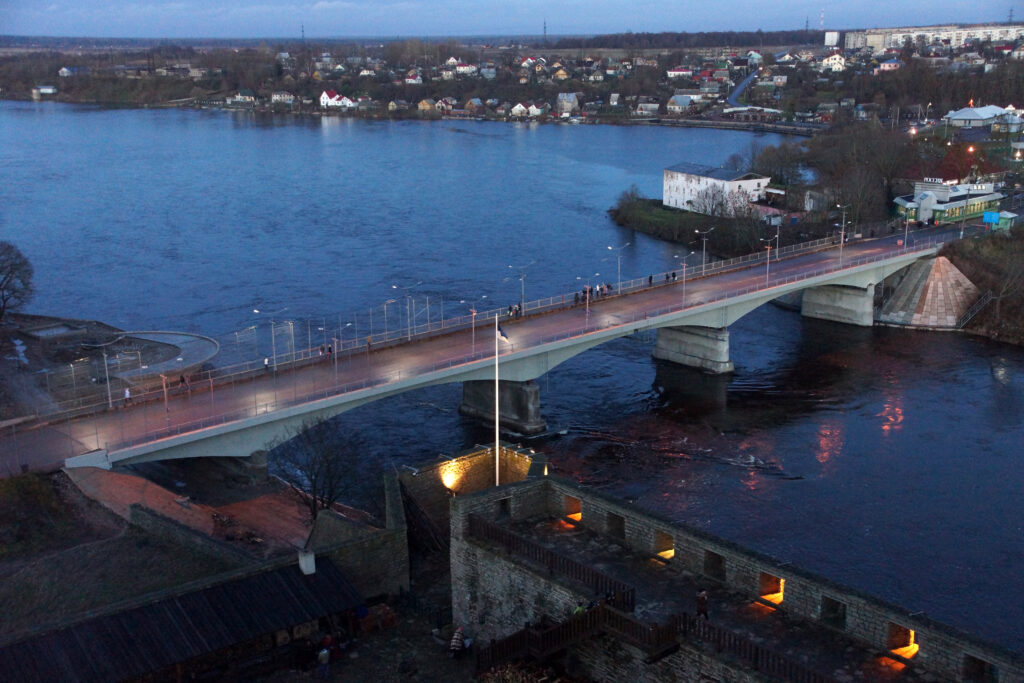Some Israeli citizens who also had a Russian citizenship were denied entry to Estonia over the past few days; the Estonian Police and Border Guard Board says it’s not blocking dual citizens’ entry to the country if their documents are in order.
Starting from 19 September, Estonia is not allowing Russian citizens with short-term Schengen area visas to enter the country. However, Israeli citizens should be able to enter the entire Schengen area visa-free.
According to Ha’aretz, an Israeli newspaper, Lia Chechik, who lives in Russia, said she tried to cross the border into Estonia with her Israeli passport but was refused by Estonian border guards because she didn’t possess airline tickets to Tel Aviv (despite indicating that was her destination) and for not having valid health insurance for the European Union.
“Until now, they were never interested in this, in all the 33 years of my life,” Chechik told the newspaper which added that she was granted passage when she returned with the required documents.
Two other men, who spoke with Ha’aretz under the condition of anonymity, said they, too, were denied entry into Estonia with Israeli passports, even though they had plane tickets to Tel Aviv.
If their documents are in order, people can enter Estonia
According to the Trueisrael Telegram channel, eight other Israelis were also prevented from entering Estonia.
Egert Belichev, the chief of the border crossing department at the Estonian Police and Border Guard Board, told Estonian World that just the fact that a person bears two citizenships is not cause enough to prevent them from crossing into Estonia.

“It’s true that in the recent days, more people with dual Israeli and Russian citizenship have come from Russia to Estonia,” he said.
“If the person’s documents are in order and if they present honest information about the purpose of their visit, they will be let in the country,” Belichev noted. “The border guards only prevent people from entering the country if they hide something or give false information about the purpose of their trip.”
Belichev pointed out that there have been citizens of other countries, including people with dual citizenship, whose documents weren’t in order or who gave false information about the purpose of their trip.
To keep Europe safe
“In any case, we encourage people to be honest and open with Estonian border guards. If a person is prevented from entering the country, it doesn’t mean they can’t return to the crossing point when they’ve gotten rid of the issues,” Belichev added.
The Estonian government, along with Latvia, Lithuania and Poland, banned Russian citizens with short-term Schengen visas from entering the country starting from 19 September. According to the Estonian prime minister, Kaja Kallas, the ban is necessary to protect public order and security.
“As border states of the European Union, we have to keep the entire Europe safe,” Kallas said earlier in September, referring to Estonia and the other countries who banned the entry of Russian citizens.
Kallas pointed out at the time that travelling to the European Union is a privilege, not a human right.“In a situation where people are tortured, murdered and terrorised in Ukraine, the citizens of the aggressor state should not enjoy the pleasures of the free world. We’re not letting Russian tourists cross the Estonian border; one significant exception is the possibility to visit family members who live here.”

